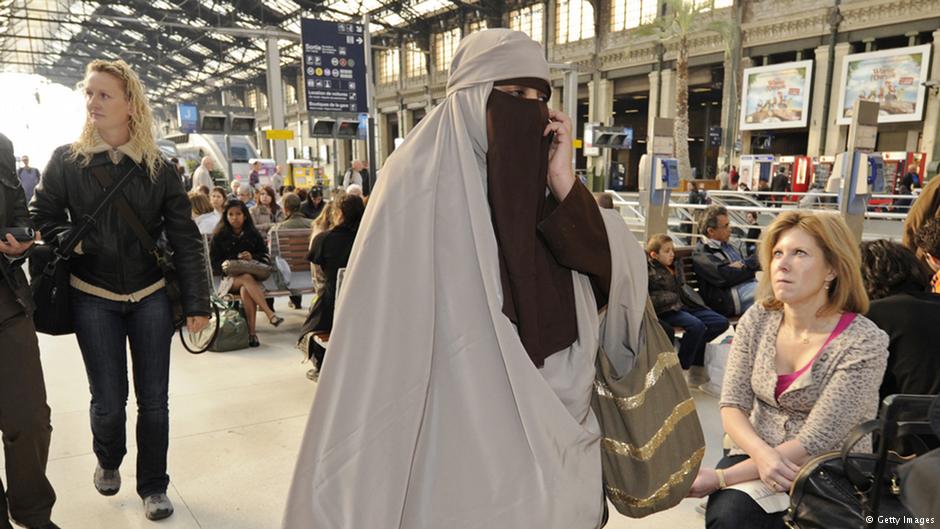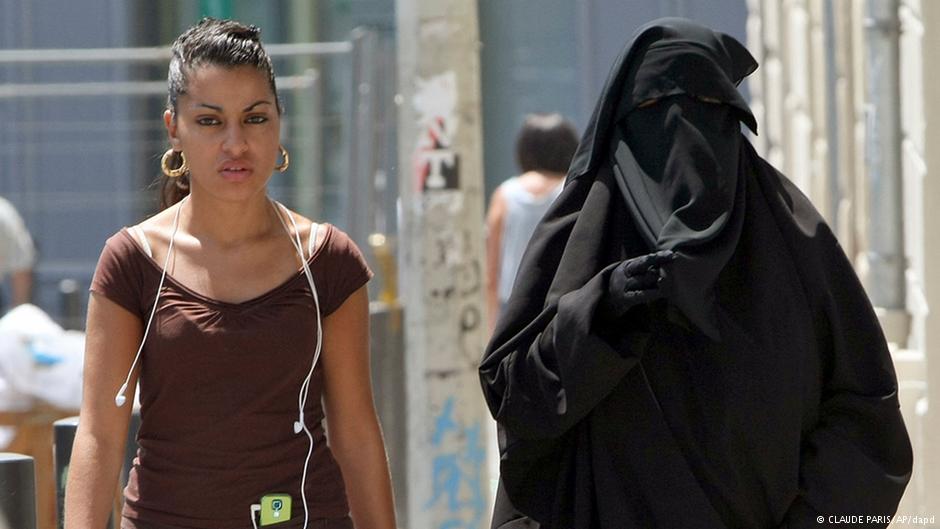An unfortunate ruling

The veiling of Muslim women is an unsettling matter. But their forced unveiling is even more unsettling. Punishing women who wear full-body veils, known as burkas, is a form of state violence.
Such violence improves nothing: it is an obstacle to integration. The sanction against the burka leads to the negation of the values such sanctions are intended to bolster. The punishment will mean that it may become an act of female empowerment to reject the ban.
The right to self-determination

In saying it has nothing against punishing women who wear burkas, the European Court of Human Rights has issued a questionable verdict. The state should only interfere with a person's right to self-determination when that right infringes upon those of others. But we have no right to see another person's face, or to communicate with him or her. In fact, as Judge Nussberger said in her dissenting vote, a person has the right to be an outsider. The Court of Human Rights exists to protect the rights of such outsiders.
Employers can forbid employees to wear burkas – for example, at the cash register in the supermarket. The state, however, cannot do the same. Does the burka ban help oppressed women? No – it's more likely to breed resentment. The verdict is unfortunate, and does nothing to redress the misfortune of women who are forced to wear the veil.
Heribert Prantl
© Süddeutsche Zeitung 2014
Translated from the German by Greg Wiser
Editor: Charlotte Collins/Qantara.de
Dr. Heribert Prantl is one of the editors-in-chief at the "Süddeutsche Zeitung" and head of the paper's domestic politics department.
